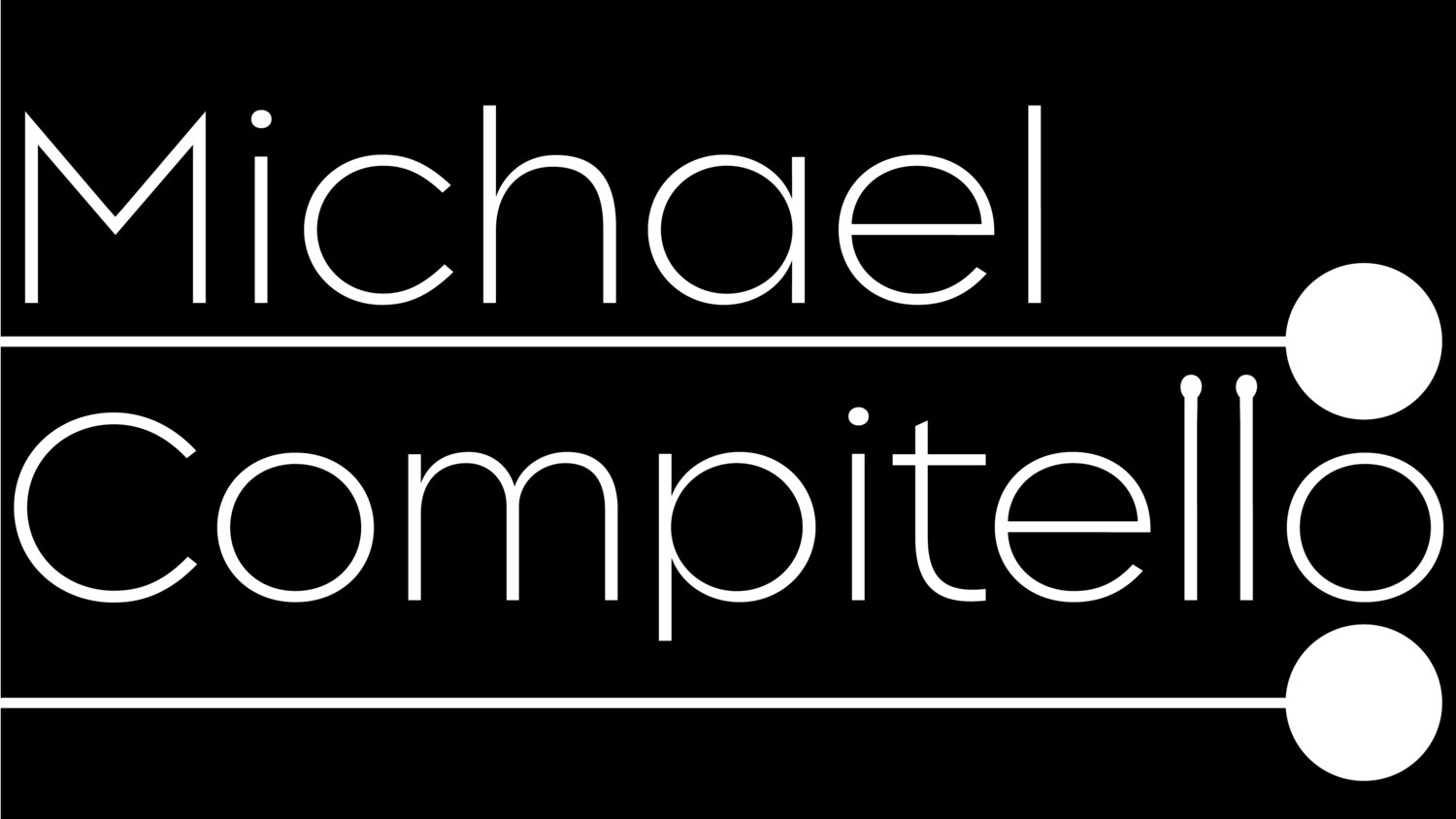Thinking more on Pre-Practice Rituals
If you’ve been following my recent posts, you might have noticed that I’ve been working through my thoughts on how we might learn music with an eye towards innovative interpretations. Thus far I’ve laid out some of my ideas on why historical study can be a good idea.
Let’s catch up:
You might say “finally! We can finally practice. Cancel my plans and break out the Pomodori!”
NOT SO FAST.
Pre-practice work prepares you for deep work while practicing while priming you. Your study, analysis, score preparation; they all help you ritualize your work, make grand gestures, and set you up to execute like a business.
By now you might be feeling comfortable situating the piece you are learning within a broader cultural context. You might also feel confident talking about the music of the composer you’re studying in a nuanced and detailed fashion. You are able to articulate general characteristics of the composer’s output, point to specific works as exemplars. You stand at the ready in case a prestigious university calls and asks if you’d teach a seminar on the composer’s work (a GRADUATE seminar, no less—perhaps in a wood-paneled room with a dark mahogany table).
You’ll develop your own metric for how much is enough with regard to broad context—it should change throughout your career, of course—but I measure my readiness to move to a piece-specific study on a sliding scale. Teaching a graduate seminar on the piece is at one end, and making a good conversational point at a cocktail party at the other.
We have more work to do.
When learning a new work, your goals when practicing should be (in any order)
Develop the musculature and physical technique necessary to undertake the demands of the work at hand
Learn the piece, taking in all notes, rhythms, dynamics, expressive markings, formal concerns, characters, tempi; anything in the text of the piece
I had a teacher who would shout “know means know!”
Develop an range of interpretations you find to be not simply valid, but revolutionary and communicative
In the process, develop a set of physical practices that can help determine that you produce your desired interpretation with accuracy and precision and without performance anxiety
You can see how knowing something about the piece before you set stick to drum or bow to string might help speed this process up. Or, having your music prepared and marked to facilitate efficient practice sessions. Or having listened to some recordings and developed some hypotheses about how you might approach the work. Pre-practice rituals are the superpower of the mature classical musician.
If you’re new to pre-practice rituals, don’t skip them. Rituals are foundational in getting yourself into the right mindset to learn, to focus, to drown out outside distractions. While everyone has their own practices before they practice, these are my steps.
Pre-practice rituals are more valuable to our learning than you think.
They set you up for deep and meaningful work and engender brilliant and dynamic interpretations. Don’t skip them!
My steps:
Listen and Analyze
Prepare the part
Plan your learning
Listen and Analyze
Listen to the piece with and without the music. Fall in love!
Hear intuitively and buttress your intuition by asking and answering questions about the work. Use words to describe what you’re hearing
Visualize: what will it feel like to perform this piece?
The goal of our analysis is to buttress our intuition, to enable our ability to connect with audiences, to engender the transformative power of musical performance. Nothing less. These steps will keep you fully committed to your oath to performance and connection, not writing a journal article (yet!)
Get your music ready
Print the music on high quality paper (nerd out!)
Figure out your page turns/tape
Mark Your Part:
Use colors
Give yourself performance instructions
Caring about these details develops your attention to detail and is a proxy for your commitment to an impactful performance
Plan your learning
Find your depth philosophy and ritualize
Make a schedule
Set goals
Create a mental representation before you practice
Creating a ritual and rhythm around your work gives you the freedom to be creative. Likewise, leveraging your musical analysis to give you an interpretation BEFORE you practice is key!
So far I’ve written thousands of words on this topic. Looking forward to sharing them in a more organized fashion!
